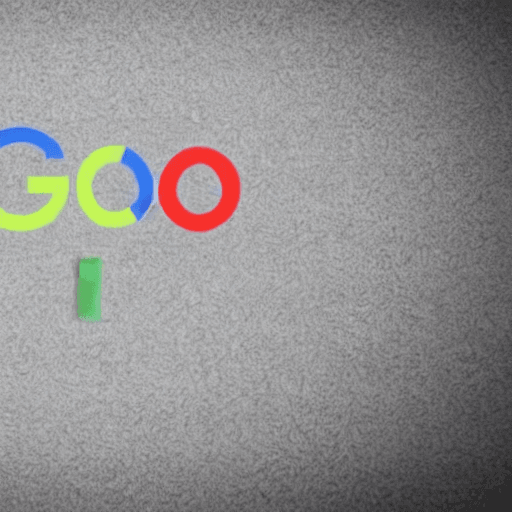

In the dynamic world of digital marketing, Google Ads remains a cornerstone of effective advertising. However, simply launching a campaign with a broad keyword strategy is a recipe for wasted budget and disappointing results. The key to unlocking the true potential of Google Ads lies in meticulous keyword research – a process that transforms guesswork into data-driven decisions. This comprehensive guide delves into the art and science of mastering Google Ads keyword research, equipping you with the strategies and techniques needed to create targeted campaigns that drive significant results in 2023. We’ll explore everything from foundational concepts to advanced tactics, providing you with the knowledge to optimize your campaigns for maximum click-through rates and return on investment.
Before diving into specific techniques, let’s establish why keyword research is so crucial. Google Ads operates on a bidding system. Advertisers bid on keywords, and when a user searches for those keywords, your ad appears. But simply bidding on a keyword isn’t enough. You need to understand the intent behind that search. Are users looking to buy something? Are they researching a problem? Are they comparing options? Without this understanding, your ad might not resonate with the user, leading to a low click-through rate (CTR) and wasted spend. Effective keyword research allows you to identify the precise language your target audience uses when searching for your products or services, ensuring your ads appear at the right moment and with the right message. In 2023, with increased competition and rising ad costs, this level of precision is more important than ever.
Google Ads offers various keyword types, each with its own implications for your campaign. Recognizing these differences is fundamental to building a successful strategy:
In 2023, a balanced approach is generally recommended, utilizing a mix of keyword types to capture different stages of the customer journey.
Several powerful tools can assist you in your keyword research efforts. Here are some of the most popular:
Don’t rely solely on one tool. Combining data from multiple sources provides a more comprehensive understanding of your target audience’s search behavior.
The process of finding relevant keywords involves several steps:
Remember to consider the user’s intent. Are they looking to buy, learn, or compare? Adjust your keyword selection accordingly.
Once you’ve identified potential keywords, it’s crucial to analyze their metrics. Here’s what to look for:
Don’t just focus on search volume. Consider the relevance and quality of the traffic you’ll attract.
Your bidding strategy significantly impacts your campaign’s performance. Here are some common approaches:
In 2023, automated bidding strategies are increasingly popular, but it’s essential to monitor their performance closely and make adjustments as needed.
Effective keyword grouping and compelling ad copy are crucial for maximizing your CTR. Grouping keywords based on shared themes allows you to create more targeted ads. Your ad copy should directly address the keywords in the group and clearly communicate the value proposition of your product or service.
Use different variations of your keywords in your ad copy to match the user’s search query. Include a strong call to action to encourage clicks.
Keyword research and optimization are not one-time tasks. Continuously monitor your campaign’s performance and make adjustments based on the data. Regularly review your keyword lists, bidding strategies, and ad copy to ensure they’re still effective.
A/B test different ad variations to see which ones perform best. Stay up-to-date on the latest Google Ads features and best practices.
By following these strategies, you can effectively leverage keyword research to drive targeted traffic and achieve your advertising goals.
This comprehensive guide provides a solid foundation for keyword research in Google Ads. Remember to adapt these strategies to your specific business and target audience.
Tags: Google Ads, keyword research, click-through rate, targeted campaigns, advertising ROI, Google Ad Management, 2023, PPC, digital marketing
[…] Your Target Audience: Conduct thorough research to understand your audience’s interests, needs, and pain points. What are they searching for on […]